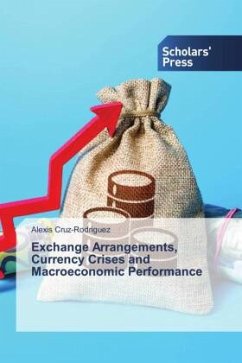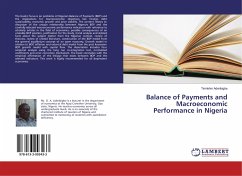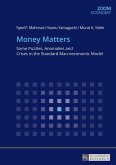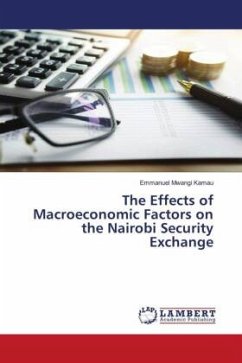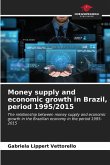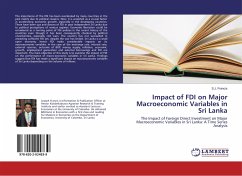Contrary to many theoretical studies in the literature, relatively few studies attempt to empirically investigate the impact of an exchange rate regime on currency crises and macroeconomic performance in developed, emerging, and developing countries, separately. This is perhaps, because such an empirical investigation is fraught with difficulties, including the problem concerning the classification of exchange arrangement. The purpose of this book is to empirically investigate the influence of exchange rate arrangements on currency crises and economic performance (inflation and economic growth) in developed, emerging, and developing economies using a data set covering around 125 countries for the post Bretton Woods era. This study addresses the issue of measurement errors in the classification of exchange rate regimes by using four different classification schemes. Three de facto and one de jure classifications are used. Consequently, the sensitivity of these results to alternative exchange rate classifications is also tested.
Bitte wählen Sie Ihr Anliegen aus.
Rechnungen
Retourenschein anfordern
Bestellstatus
Storno

